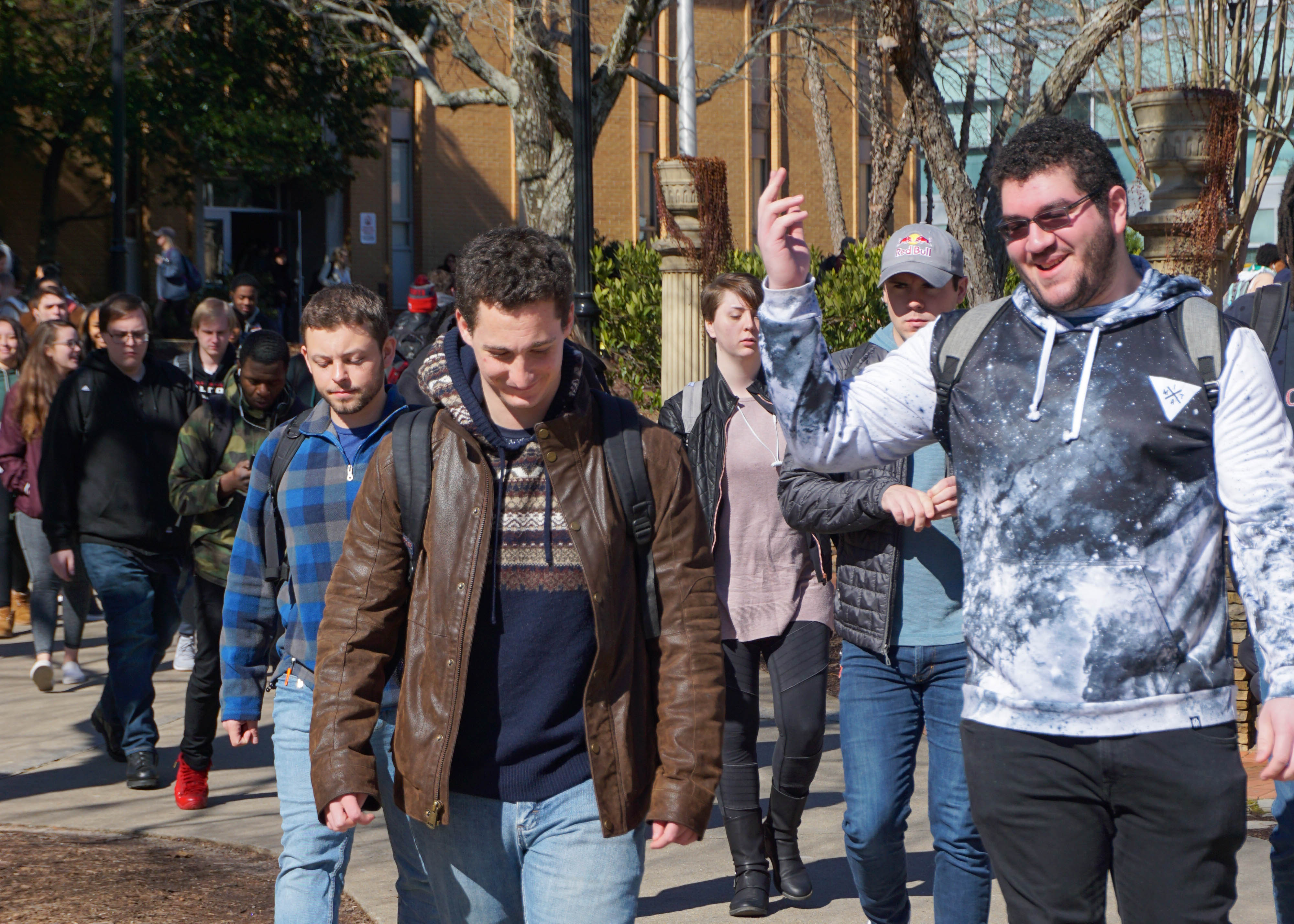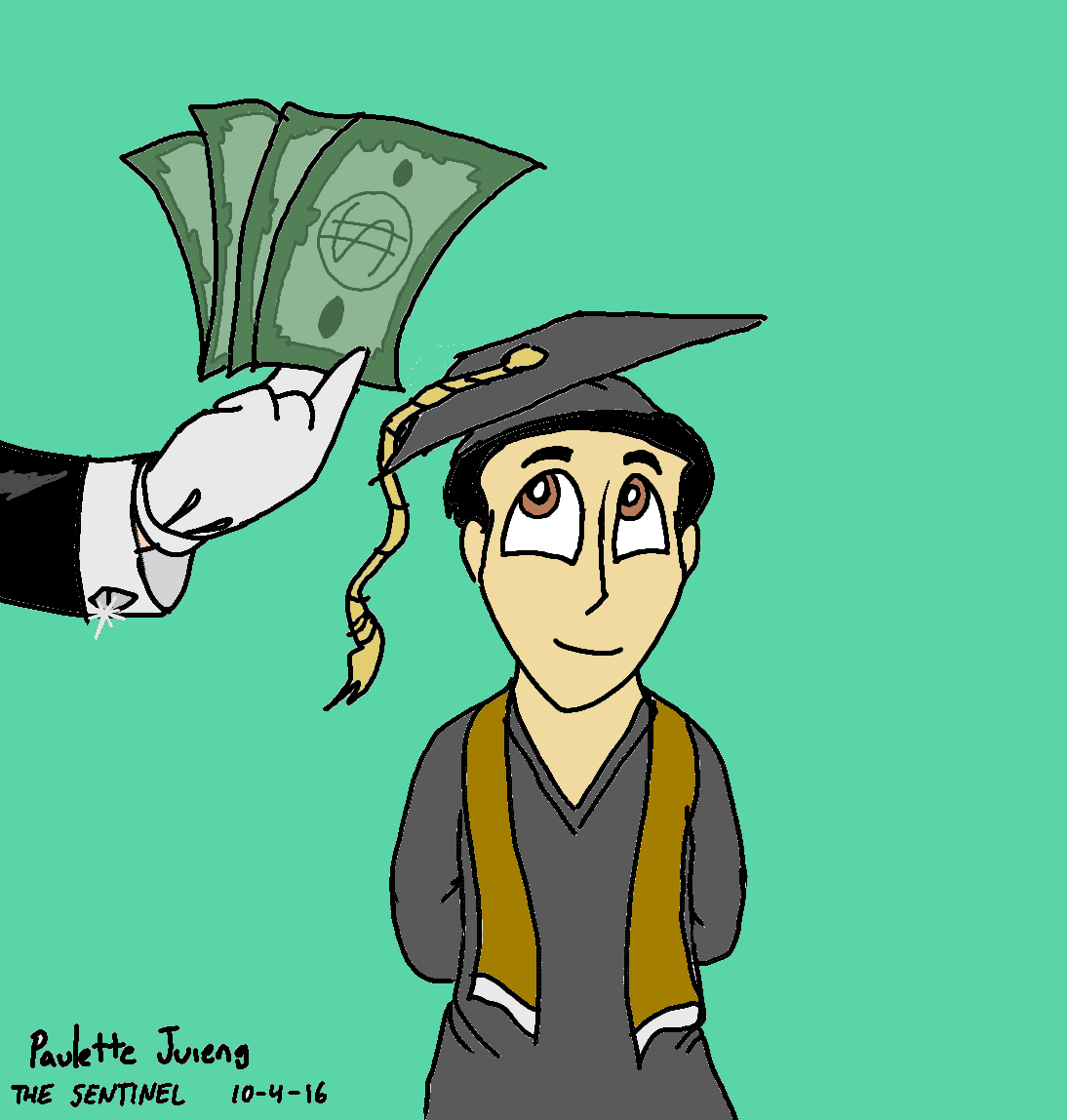The ways in which journalists report the news has changed drastically over the years. Technology and access to media has become more abundant than ever, allowing both professional and citizen journalists to live-stream news as it happens. This new form of citizen journalism greatly benefits society and newsrooms due to its instant access from witnesses and different story angles.
Citizen journalism is “a concept in media that refers to journalistic activities of ordinary people. It means citizens themselves report the issues confronting them,” Assistant Professor at the Islamic University of Science and Technology Rabia Noor said.
Citizen journalism is most pronounced during or after mass tragedies, such as Hurricane Harvey or the Stoneman Douglas shooting. This is often done by live tweeting or streaming while the event is occurring. Before any press or aid can reach the scene, the witnesses often take it upon themselves to alert the public of the event. As the event is occurring, these citizen journalists take on the role of updating the public in real time.
“We live in a society whose first reaction to a shocking or fascinating event is through reaching for a Smartphone to record and share onto social media,” Ellie Hudson of the Medium said.
Not only do citizens use live tweeting to disseminate the news, but they also use platforms such as Facebook or Instagram Live. In July 2016, Philando Castile, 32, was shot by an officer during a traffic stop. The incident was streamed on Facebook Live by his girlfriend, who was also in the car. Within days, the video reached over 2 million views.
Videos such as Castille’s become vital factors in how a case is solved, and these videos are often shot by citizens who have had little professional journalism training.
Not only does citizen journalism offer immediate news, but it also offers differing viewpoints of the incident. While a reporter covering an event may only focus on one angle of the story, citizen journalists can cover multiple angles, especially if they are witnesses.
Because citizens are not working with a media company, witnesses and sources may be more comfortable speaking with their neighbor than a reporter. When witnesses are more willing to give their accounts, it provides citizens with multiple sides to the story.
“You get ‘raw’ information because the citizens don’t have gatekeepers or editors and producers,” senior media and entertainment student Naylah Daniels said.
While citizen journalism may be controversial to some professional journalists, citizen journalism gives everyday citizens and witnesses a chance to report their side of the story. Without citizen journalists, stories may go unbroken and key accounts untold. Citizen journalists are valuable to mass media because of their ability to provide live accounts and varying angles of news. By allowing citizen journalists to share news, news will become more timely and multifaceted.


